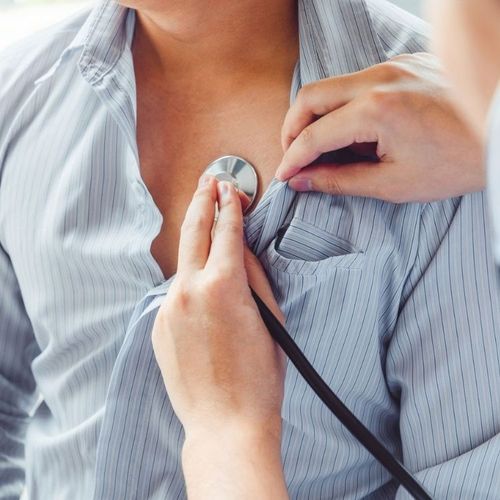Choosing the right hospital can be the key to surviving a heart attack, says cardiologist Richard Stein, MD, director of the Urban Community Cardiology Program at New York City's New York University Medical Center and author of the book Outliving Heart Disease.
To find the best hospital in your area, he advises checking the Hospital Compare heart attack statistics at www.hospitalcornpare.hhs gou. Do it now before an emergency. Call hospital cardiology departments to find out which perform emergency angioplasty to open blocked arteries and if it is done less than 90 minutes after arrival at the hospital. (Medication can be used instead, but angioplasty generally is more effective if done soon after arrival.) If possible, pick a hospital where your doctor has admitting privileges.
HEART ATTACK SURVIVAL CHECKLIST
1. Know the symptoms. The classic heart attack symptoms are chest pain or discomfort that may also be felt in the neck or left arm and may be accompanied by nausea. Women are more likely than men to have atypical symptoms—shortness of breath, profound fatigue, sweating, racing heart, burning stomach.
2. Call 911, for an ambulance to take you to the hospital immediately if you experience symptoms. Don't let embarrassment or concern that it is something minor prevent you from getting checked.
3. Chew two full-strength aspirin.
4. Tell ambulance and hospital staff that you think you are having a heart attack. Don't minimize your symptoms.
5. Have the appropriate tests, including an electrocardiogram (EKG) and blood tests to measure certain cardiac enzymes. Dr. Stein notes that women with the atypical symptoms cited above (or their health advocates) may need to be assertive to get these tests.
According to Dr. Stein, accurate diagnosis may require several EKGs and/or blood tests within the first few hours. When former Vice President Dick Cheney experienced chest and shoulder pain, the initial EKG and blood tests showed no evidence of a heart attack. Several hours later, the second set of tests revealed that he had indeed suffered a minor heart attack.
6. Get the proper treatment. Treatment should begin even before all test results are in…
- Aspirin right away if you didn't take it at home.
- A beta-blocker, such as metoprolol (Lopressor) or propranolol (Inderal) should be given to most patients to decrease the heart's need for oxygen- rich blood and minimize heart damage.
- Nitroglycerin, prescribed for chest pain or if the heart is short of blood, dilates blood vessels.
- ACE inhibitor to decrease blood pressure and the heart's workload.
- Clot-busting treatments, such as the drug tPA, and/or angioplasty.
Make a copy of this page so that you can take it with you to the ER. I hope that you will never need it, but if you do, it may save your life.
